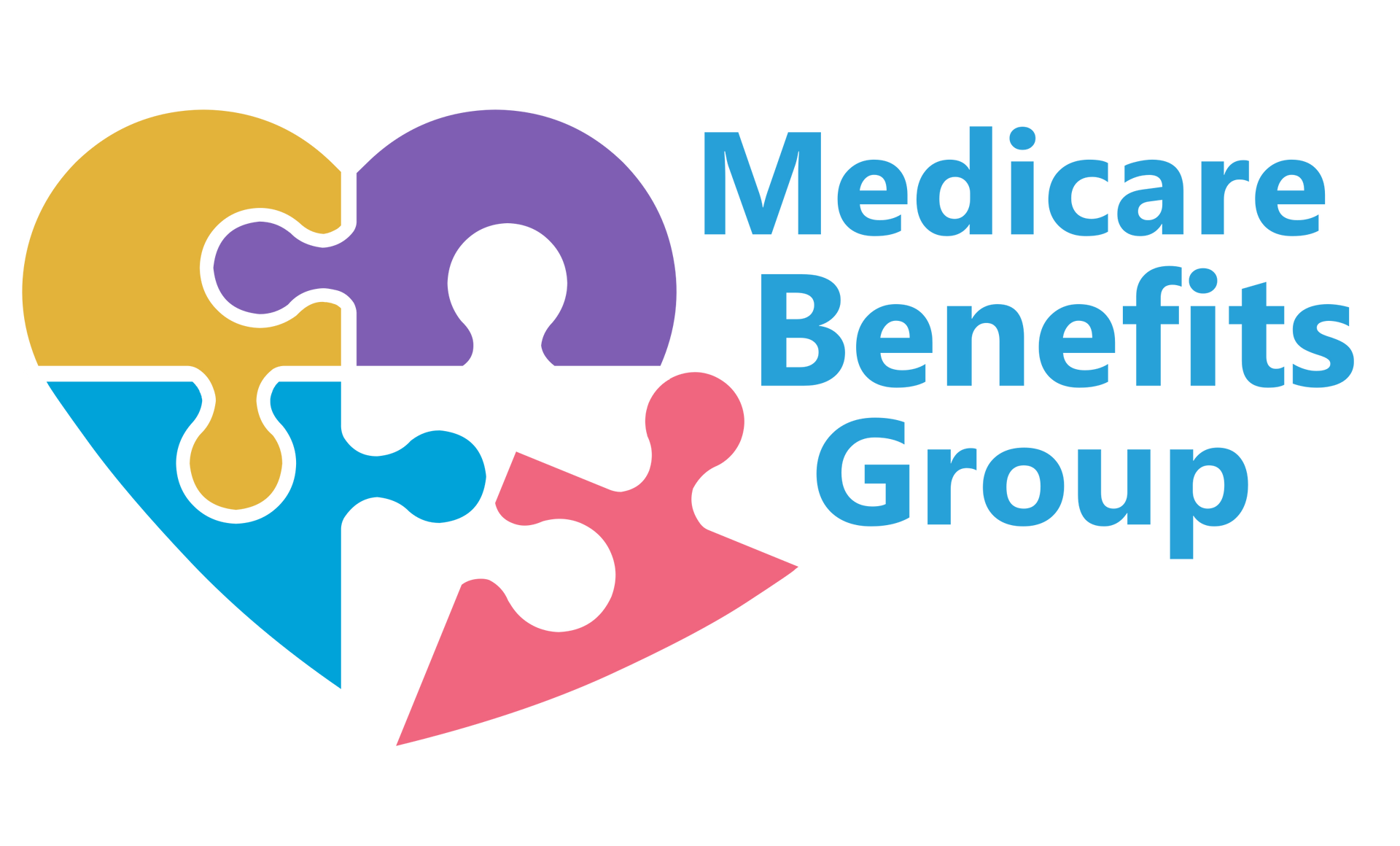Understanding Medicare Reimbursement Simplified
James Neil | Apr 30 2025 13:15
Medicare can often seem like a maze of paperwork and processes, leaving many beneficiaries feeling overwhelmed, especially when it comes to reimbursement. It's crucial to understand how to reclaim the money spent on eligible medical expenses, easing financial strain.
What is Medicare Reimbursement?
At its core, Medicare reimbursement is the process that allows beneficiaries to recover some of the costs they have already paid for approved healthcare services and medications. If you've had to pay the full amount for services upfront, rather than your designated share, you might be eligible for reimbursement. Understanding how Medicare reimbursement works can help you get back the money you deserve.
Medicare Part D (Prescription Drug Plan)
When it comes to prescription drugs, Medicare Part D allows for reimbursement claims, especially when you've had to purchase medications from out-of-network pharmacies or faced incorrect billing. To get reimbursed, you'll need to submit a coverage determination request to your Part D sponsor. Remember, keeping a detailed record of all transactions can be immensely helpful.
Original Medicare (Part A & Part B)
If you're using Original Medicare, you might need to handle reimbursement claims directly. This often involves submitting Form CMS-1490S, an itemized bill from your provider, and an explanatory letter for your claim. A typical scenario might involve a healthcare provider who does not bill Medicare directly, leaving you to handle the payments. Collect the necessary documents and keep copies for your records.
Medicare Advantage (Part C)
If you have a Medicare Advantage Plan, the reimbursement process might vary, especially for expenses incurred outside your plan’s network. Contact your insurance provider to understand their specific forms and procedures. Getting in touch early can save you time and help you avoid potential pitfalls.
The Medicare reimbursement process can seem daunting initially, but with the right information, it's manageable. Don't overlook potential reimbursements that can alleviate financial burden. Be proactive—gather necessary paperwork and don’t hesitate to reach out for assistance. Consulting with your Medicare plan administrator or a healthcare advisor can provide clarity tailored to your situation.


